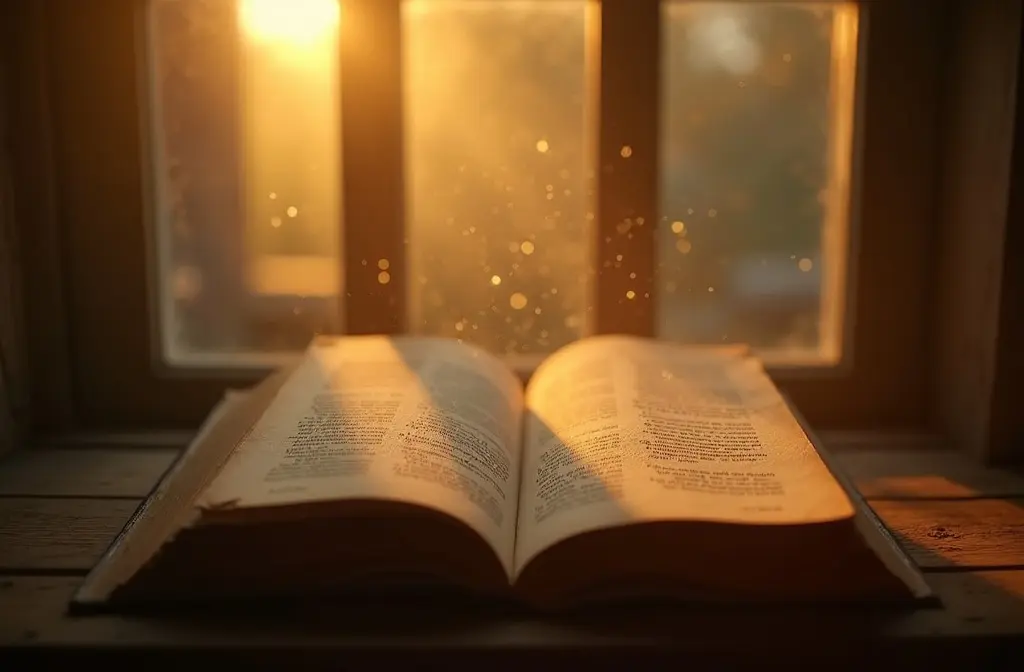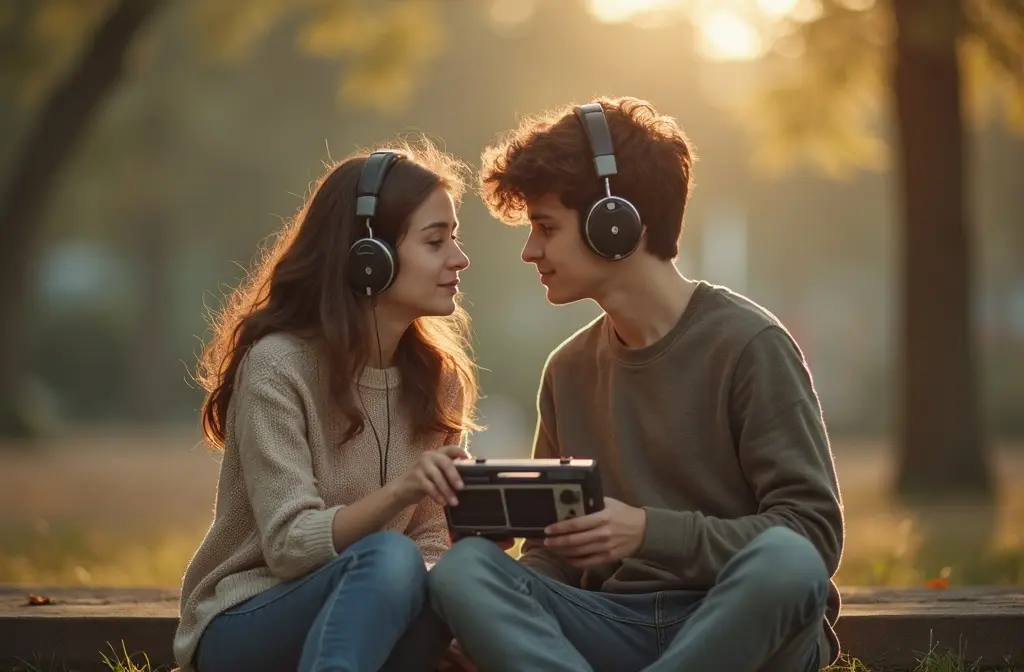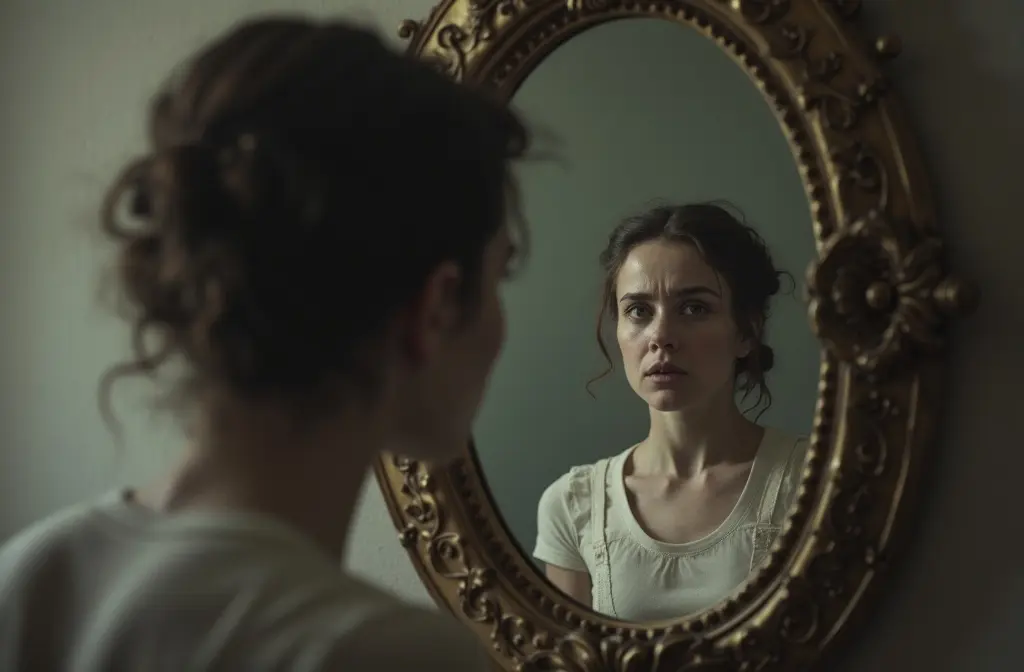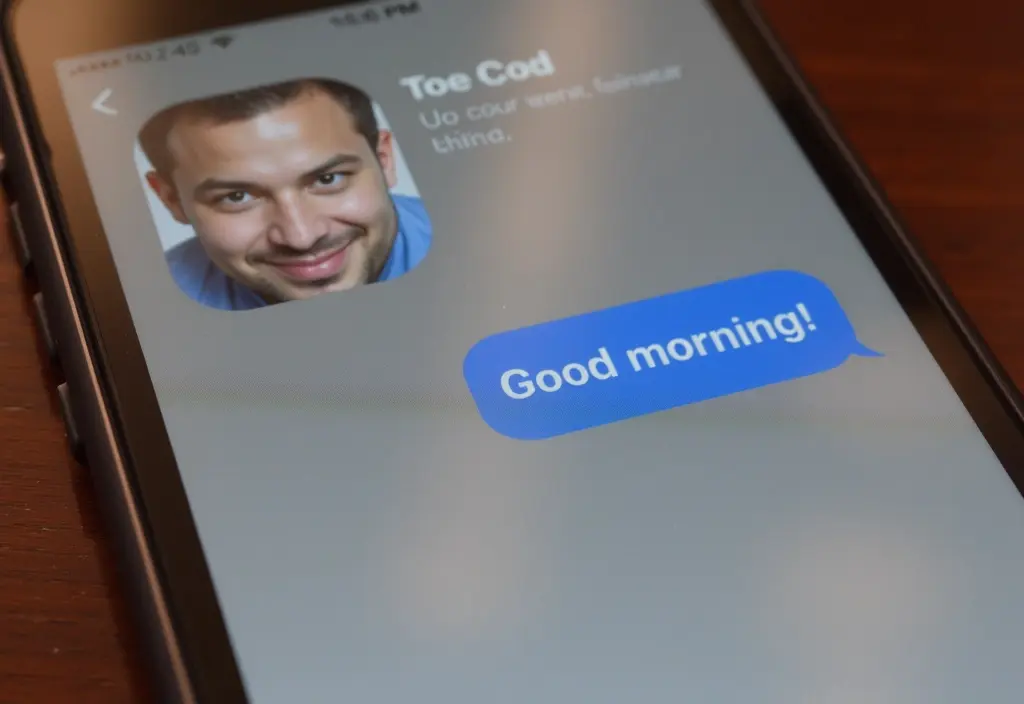Do me a favor. Close your eyes. Go on. I’ll wait. Now, I want you to travel back in time. Push past the deadlines, the bills, the person you see in the mirror today. Find that memory tucked away in the sun-bleached, slightly fuzzy photo album of your teenage years. It probably smells like cheap pepperoni pizza, the specific scent of a now-discontinued shampoo, or the sharp tang of chlorine from a community pool. It likely has a soundtrack, a song you haven’t heard in ages but could still scream every single lyric to.
Feel that? That tiny little jump in your chest? That’s the ghost of your first love. For most of us, the question of what is your first love isn’t just a question. It’s a time machine. It’s a messy, powerful, and profoundly human experience that yanks us out of childhood and drops us on the doorstep of… well, everything else.
That first dive into romance is a true rite of passage. It’s intoxicating. It’s terrifying. And it’s completely impossible to forget. But what is it, really? Is it about the person? The timing? Or is it just a wild chemical reaction happening in a teenage brain? This goes deeper than a name scribbled in a yearbook. It’s about the person you were and the one you were just starting to become. It’s about the blueprint this first connection hammered into place, for better or worse, for all the love that was still to come.
More in Connection & Dating Category
He Hasn’t Texted Me Back in 24 Hours
Signs He Will Leave His Girlfriend for You
Key Takeaways
- A Chemical Cocktail: First love hits a developing teenage brain with a unique flood of hormones, imprinting the experience with incredible intensity.
- A Journey of Self-Discovery: The experience is often less about the other person and more about discovering your own capacity for deep, powerful emotions.
- The Innocence Factor: What makes a first love feel so monumental is the complete lack of cynicism. You haven’t been hurt yet, so you can dive in headfirst.
- The Relationship Blueprint: The lessons you learn, both good and bad, create the foundation for how you’ll approach relationships for years to come.
- A Universal Story: While deeply personal, it’s a shared human experience that connects us all through the common language of that first flutter and first heartbreak.
Why Does That First Cut Feel So Deep?
Think about the other big “firsts” you’ve had. The first time you rode a bike without anyone holding on. The first time you drove a car, all by yourself. There’s a special kind of electricity to novelty, isn’t there? Your brain is wide awake, soaking up every new sensation.
Now, take that feeling, multiply it by a thousand, and dump a tidal wave of teenage hormones on top. That’s your first love. Let’s get into the science of it for a second. Your adolescent brain was the perfect environment for this obsession to take root. It was buzzing with dopamine, the chemical that tells your brain, “Yes! This feels good! Do it again!” When you held their hand or saw their name pop up on your phone, your brain’s reward system lit up like a pinball machine.
This creates a feedback loop that’s incredibly powerful, almost like an addiction. You crave that feeling—that person—with a desperation that’s both thrilling and completely overwhelming. At the same time, oxytocin, the “bonding hormone,” is cementing that feeling of attachment. Your brain, having no other romantic data to compare it to, saves this experience as the absolute gold standard.
That’s why the first heartbreak feels apocalyptic. When that source of dopamine is ripped away, you’re in genuine withdrawal. The world can literally seem less colorful. Because you’ve never felt a loss like this, you have no evidence that you’ll ever feel better. It feels final. It feels like your world is ending. And in a very real way, it has.
Was It Really Love, or Just a Powerful Crush?
We all do it. We look back with our adult eyes, coated with a healthy layer of experience (and maybe some cynicism), and we wonder. Was that earth-shattering, can’t-function, life-altering feeling actually love? Or was it just a hormonally supercharged crush?
The truth is, the line is practically invisible. And maybe it doesn’t matter.
How Can You Tell the Difference?
A crush, or infatuation, is often about putting someone on a pedestal. You aren’t seeing the real, messy human; you’re seeing the idealized, fantasy version you’ve built in your head. Love starts to creep in when you see the cracks in the pedestal—their goofy snort when they laugh, their moodiness, their awful taste in music—and you decide to stick around anyway. You genuinely care about their happiness, separate from your own.
I remember Matt. He was my first love. He had that floppy brown hair and he could play guitar, which to my 16-year-old self was basically like being a rock god. I was utterly convinced he was the most fascinating person alive. His name was doodled on every notebook I owned. We’d talk on the phone for hours about absolutely nothing. I felt like he saw me. In my head, our future was already planned. It was love. Period.
Looking back, of course, I see the infatuation. I didn’t truly know his fears or his struggles. I knew the version of Matt that fit perfectly into the story of my life.
Does the Label Even Matter?
Here’s the thing: while a therapist might call my experience “adolescent infatuation,” that label feels meaningless. To the girl living it, the feeling was 100% real. The emotional stakes were sky-high. It dictated my moods, my choices, my entire world.
The power of first love is in how real it feels at the moment. It’s the first time you voluntarily hand a piece of your heart to someone who isn’t family. It’s your first taste of that dizzying cocktail of vulnerability and pure joy. Who cares if an adult calls it “puppy love”? The impact is the same. It rewires you. It teaches you about connection and, almost inevitably, about loss. It’s your heart’s basic training.
What Does Science Say About Your First Romance?
Your brain on first love is a beautiful, chaotic mess. We’ve talked about the dopamine and oxytocin creating a sense of euphoria, but it’s more than a simple chemical high. Scientists believe this first major romantic journey plays a vital part in the final wiring of your adolescent brain. It helps carve out new neural pathways for empathy, social bonding, and handling complex emotions.
Studies on the neuroscience of love show that the parts of your brain that light up for romance are the same ones tied to motivation and goals. This explains why your first love can feel like a mission, an all-consuming quest. A paper from the University of California, Santa Barbara calls romantic love a “goal-directed emotion,” which perfectly nails that single-minded focus. You’re not just passively floating in a feeling; you are actively, primally driven.
The first time this system boots up, it’s like installing new software. Your brain is running “RomanticLove.exe” for the very first time. It creates the foundational code that will influence how you love for the rest of your life. Every glitch, every success, and every crash from that first run gets saved to your internal hard drive.
Is Your First Love Actually About the Other Person?
This one might sting a little, but here it goes: your first love wasn’t really about them.
Yes, their specific smile or sense of humor is what pulled the trigger, but the sheer force of the explosion came from within you. It was a reflection of your own brand-new ability to feel something so deep.
Or Is It More About Discovering Yourself?
Your first love is a mirror. For the first time, you see yourself reflected in the eyes of someone who chose you. Not because they had to, like family, but because they wanted to. That’s a powerful, game-changing kind of validation. You learn that you are someone who can be desired, that you are worthy of being someone’s favorite person.
Through them, you uncover pieces of yourself. Maybe they introduced you to a band you still love today. Maybe their passion for something pushed you to try it, too. This journey of self-discovery is completely tangled up with the romance. You weren’t just falling for them; you were falling for the version of yourself that existed when you were with them. The relationship becomes the setting for your own coming-of-age movie.
How Does It Shape Your “Type” in the Future?
This first relationship is a fact-finding mission. You’re unconsciously drawing your “love map,” figuring out what you want and, just as importantly, what you don’t want. You learn how you fight. You learn what it feels like to be vulnerable. You discover where your boundaries are.
Thinking about my time with Matt, the lessons were huge. I learned that I needed a partner who was as genuinely curious about my world as I was about theirs. Matt, for all his charm, wanted an audience more than a partner. I learned that big, splashy gestures meant less to me than small, everyday acts of kindness. I learned that I wanted a comfortable silence, not an awkward one. He wasn’t a bad guy. He was just the first draft. He was the trial run that was absolutely necessary to get it right later.
Why Can’t We Ever Seem to Forget Them?
Decades can pass. You can build a whole other life. And yet, the memory of your first love often stays weirdly sharp. You might not remember what you ate for lunch yesterday, but you can probably recall the exact color of their eyes or the sound of their laugh. Why do they get a permanent parking spot in your brain?
Part of it is the “primacy effect”—our brains are wired to better remember the first things in any series. Your first love is Chapter One in your romantic history. But it’s more than that. The memory itself is soaked in powerful emotion. The brain flags emotionally charged events as important, worth saving. And to a teenager, what feels more important than love?
We also have a habit of curating the past. Our memory is a great editor, often snipping out the boring parts or the painful arguments. What’s left is a highlight reel, a nostalgic story that grows more perfect with time.
- The Shock of the New: Every feeling was brand new, which made it more intense and memorable.
- The Emotional Glue: The memories are fused with powerful emotions—joy, desire, and often, devastating pain.
- The Original Benchmark: It becomes the yardstick you use to measure every other relationship that follows.
- The Great “What If”: Many first loves end because of circumstances, not a clear-cut decision, leaving a lingering question mark.
- The Link to Your Youth: Remembering them is a way of remembering a version of yourself—younger, more hopeful, maybe a little more clueless, but authentically you.
Can You Ever Get That Feeling Back?
This is the big one, isn’t it? After the magic of that first time, many of us spend years chasing that same lightning in a bottle. We want to feel that dizzy, world-tilting passion again.
But can we?
The short answer is no. And that’s a good thing.
Chasing the High of a First Love
Trying to perfectly recapture the feeling of a first love is impossible. The key ingredient wasn’t the other person. It was your own innocence. The first time you fall, you have no scar tissue on your heart. You haven’t been let down yet. You can give yourself to the feeling without any hesitation because you simply don’t know the risks. You believe in forever because you haven’t yet learned that most things don’t last that long.
Once you’ve had your heart broken, you learn to protect it. You build some walls. You love more carefully, more wisely. That isn’t a failure. It’s growth. You can’t get that exact feeling back because you aren’t that person anymore.
What Does a More Mature Love Feel Like?
Grown-up love is a different kind of magic. It’s quieter. It’s a warm fireplace, not a firework display. It might not have the frantic, desperate energy of a first love, but it offers something far more lasting: a true partnership.
Mature love is choosing someone, day after day. It’s seeing them at their worst—sick, stressed, grumpy—and choosing to stay. It’s about building a life, navigating the tedious and tough parts as a team. It’s less about the breathtaking highs and more about the deep comfort of a reliable, steady presence. It may not be the wild roller coaster of first love, but it’s the kind of love that can actually go the distance.
What Are the Lasting Lessons Your First Love Teaches?
Every first love, whether it ended with a quiet fizzle or a dramatic bang, is one of life’s greatest teachers. The breakup, especially, is where the real learning happens. That first heartbreak teaches you the most important lesson of all: you can survive it.
Even if the relationship was a total disaster, it gave you a gift: clarity. You walked away knowing more about yourself and what you need. It was like getting your emotional learner’s permit. You were bound to swerve a little and maybe get a few dents, but you were learning how to navigate the road ahead.
- Resilience: You learn that a broken heart is not a fatal condition. You find a strength in yourself you never knew existed.
- Self-Worth: You’re forced to understand that your value isn’t tied to someone else’s affection. You have to learn how to be a whole person on your own.
- Clarity: Your vague, storybook ideas about love are replaced with real-world data about what works for you and what absolutely does not.
- Empathy: Once you’ve known that pain, you’re a better friend and, one day, a more compassionate partner to someone else.
A Rite of Passage, Not a Destination
So, what is your first love in the end? It’s a ghost and a teacher. A memory and a lesson. A story you tell about the person you used to be. It’s almost never the person you end up with, and that’s precisely the point. It was never meant to be your final destination. It was the messy, beautiful, and necessary first step on a much, much longer journey.
We owe a strange kind of gratitude to those first loves. They cracked our hearts open, showed us our own capacity for passion and pain, and then, by leaving, they taught us how to put ourselves back together—stronger, and a whole lot smarter than before. The experience isn’t just about remembering them. It’s about honoring the brave, clumsy, and wonderful way you first learned how to love.
So, who was it for you? And more importantly, who did you become after they were gone?
FAQ – What Is Your First Love

Can you ever recapture the feelings of your first love in mature relationships?
Recapturing the exact feelings of first love is impossible because it was rooted in innocence, lack of experience, and idealization. Mature love tends to be quieter and more stable, offering lasting companionship rather than fleeting, intense passion. It’s about building a deep, dependable connection that can endure over time.
Is first love really about the other person or about self-discovery?
First love is as much about discovering oneself as it is about the other person. It acts as a mirror, revealing new pieces of your identity, desires, and boundaries, and helps you understand what you want in future relationships. The experience often signifies your initial journey into vulnerability and connection.
How does science explain the intense feelings experienced during first love?
Science shows that first love involves the brain’s reward system, releasing dopamine and oxytocin, which create feelings of euphoria and attachment. This neural activity makes the experience feel deeply significant, almost like an addiction. It also helps develop neural pathways related to empathy, social bonding, and managing complex emotions.
Why does the memory of first love tend to stay vivid despite the passage of time?
The memory of first love remains sharp because it is associated with powerful emotions and is often the first emotionally charged experience that the brain tags as important. Additionally, the nostalgic memory tends to be curated subconsciously, highlighting the most memorable aspects and leaving out less pleasant details.
What is the significance of first love in a person’s life?
First love is a powerful, intensely emotional experience that marks the transition from childhood to more adult understanding of connection and vulnerability. It leaves a lasting imprint on our emotional and neural development, shaping how we perceive and approach future relationships.





